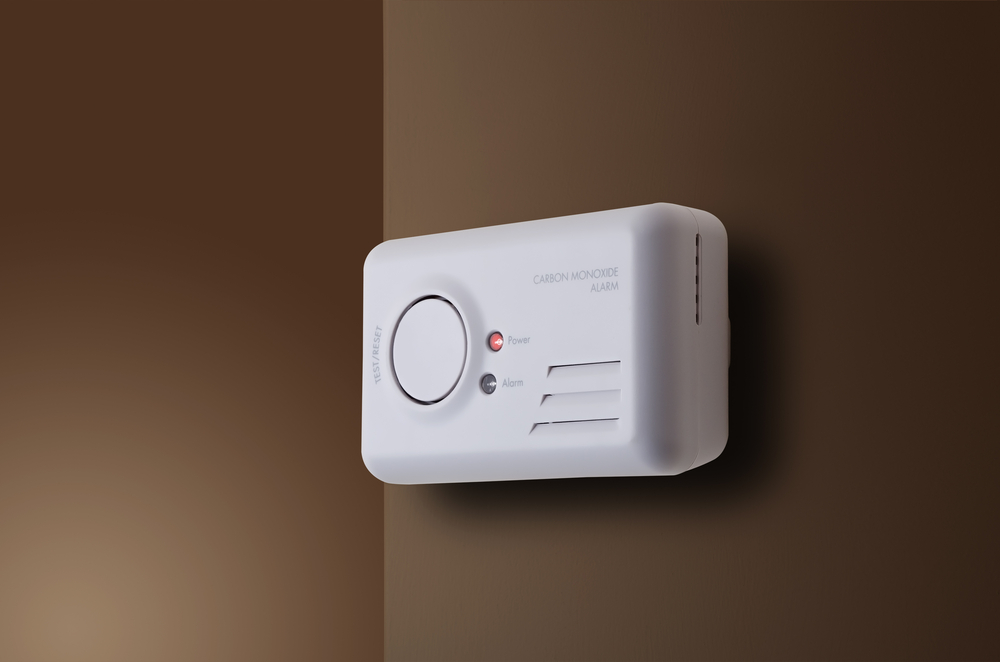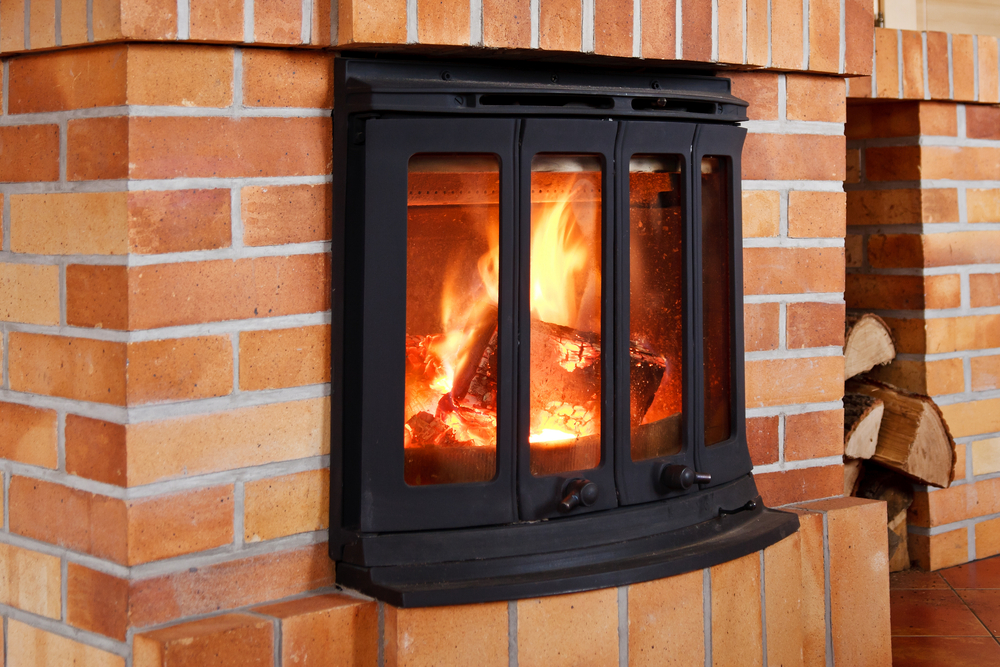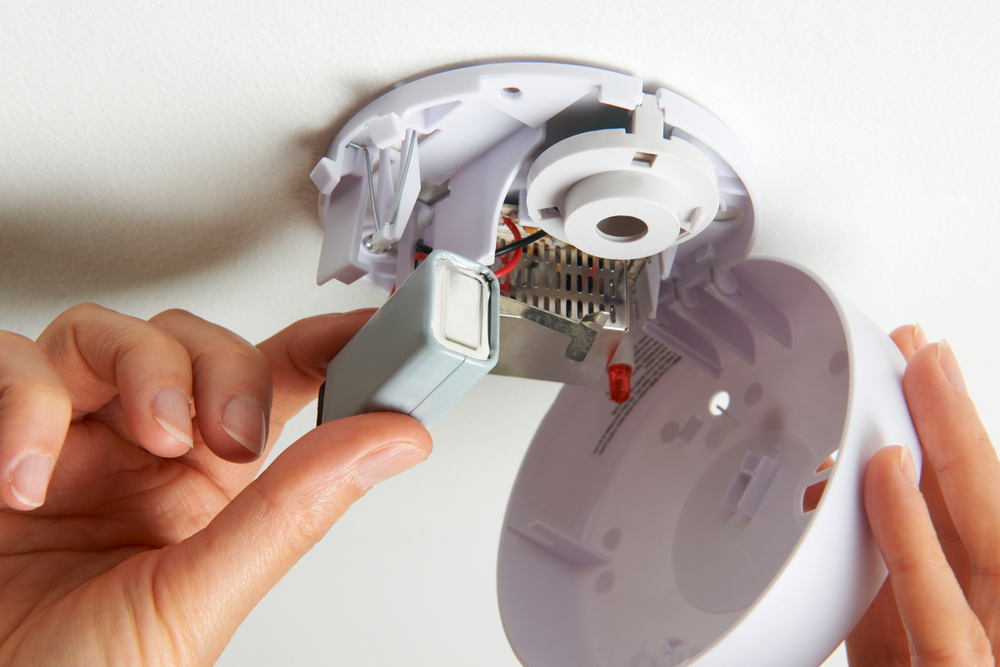Fire Safety: Is It Safe to Lock Your Door at Night?
When the Sun goes down and the Moon comes out, many of us head to bed for the night. Before laying down, many of us make sure to lock our bedroom doors for safety, temperature regulation, privacy, or any other reason. Although this may provide a sense of security, it’s important to consider the fire safety implications when deciding whether or not to lock your bedroom door at night. In this blog, we’ll answer the question of how safe it is to lock your door at night.
Benefits of Locking Your Door When Sleeping
Many people choose to lock their bedroom door at night for various reasons, the most common of which are safety and comfort.
Locked Doors Create a Barrier Between You and Potential Intruders
In the case of a home invasion, locking your door can provide a barrier between you and potential intruders. It may also buy yourself some time to call for help or escape.
Keep the Temperature in Your Room Constant
Locking your door can help maintain the temperature in your room, keeping it just how you like it. This is especially beneficial if you have a roommate or live in a shared space with other people.
Maintain Your Privacy With Locked Doors
If you are living with a roommate or in a shared space, locking your door can provide some peace of mind and privacy.
How to Make Sure You Stay Fire-Safe When Locking Your Door at Night
Although locking your door can provide many benefits, it’s important to make sure that you are still fire-safe. Here are a few tips for how to stay fire-safe when you lock your door at night:
Install Smoke Alarms & Check Them Regularly
Making sure you have working smoke alarms and monitoring them regularly is one of the most important steps in fire safety. Smoke alarms provide early warning of a fire, giving you time to get out in case of an emergency.
Invest In Fire Extinguishers & Know How to Use Them
Having a fire extinguisher on hand and knowing how to use it can help put out small fires before they become larger. You can find extinguishers of all sizes and types at most hardware stores.
Have an Emergency Exit Plan in Place
Having an emergency exit plan can help you get out quickly in case of an emergency. Make sure to practice your exit plan with your family and discuss a meeting place outside the home in case of evacuation. It is also important to include an alternate exit in case one is blocked.
Allow for Enough Clearance Around Your Doors
Make sure to keep your door clear of any furniture, bedding, or other items. It is important to have enough room for your door to open fully so that you can safely exit in case of an emergency.
How to Determine If Locking Your Door at Night Is Right for You
Ultimately, the decision to lock or not to lock your door at night is up to you. There are many benefits to locking your door, but it is important to make sure you follow fire safety guidelines and take necessary precautions in case of an emergency. If you have any further questions about fireplace safety and more, please contact your local fire safety professional.
Contact New England Hearth & Home for Fireplace Safety and More
At New England Hearth & Home, we understand the importance of fire safety. We provide a range of fireplace, stoves, and fireplace inserts that are designed to ensure your family’s safety. If you have any questions about fireplace safety, maintenance, repairs, and more, please don’t hesitate to contact us. We look forward to helping you keep your family safe and comfortable! To learn more, visit our website or give us a call at 781-562-0771.
Submit a Service Request



